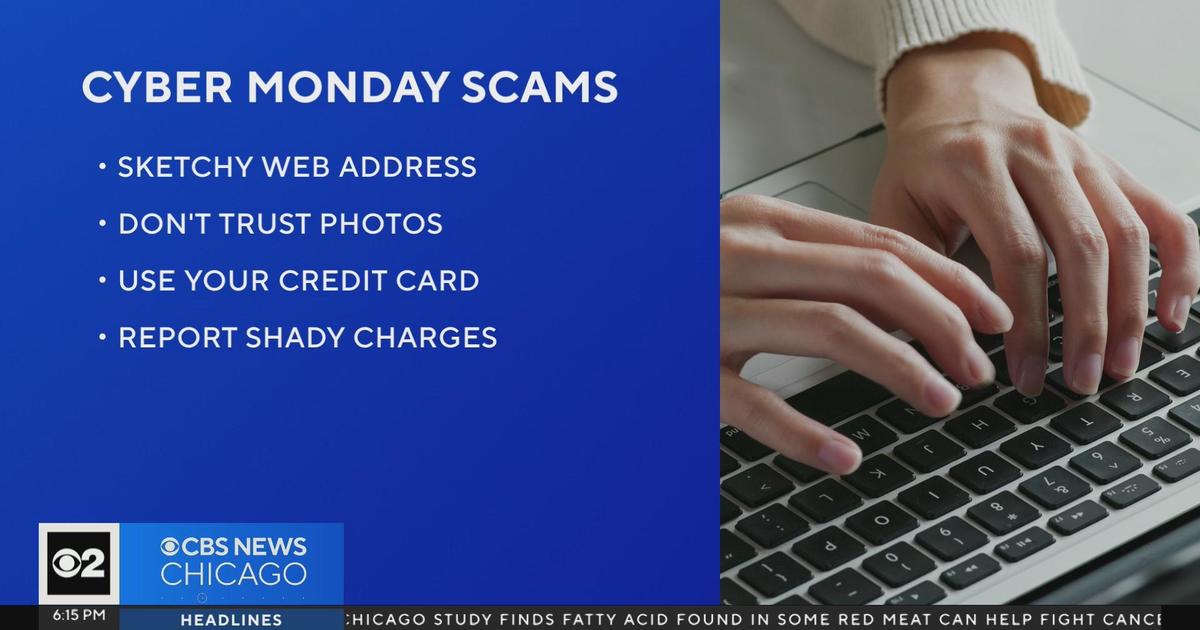Scams on the rise this holiday season. Know how to protect your data
(WJET/WFXP/ YourErie.com ) — With more shoppers heading to online stores for holiday gift buying, officials are making it known to protect your information and watch out for scammers to avoid any unwanted and unwelcome data breaches.
Cyber Monday is in full swing and in honor of the online savings coupled with potential scams, the Internal Revenue Service, state tax agencies and the nation’s tax industry – working together as the Security Summit – kicked off the 8th National Tax Security Awareness Week with tips for taxpayers and tax professionals.
“As the holidays and tax season approach, this special week highlights that we are entering a period where taxpayers need to be extra careful protecting their sensitive financial and personal information,” said IRS Commissioner Danny Werfel.
Since 2015, the IRS and the Security Summit have use the week to raise awareness and protect personal, sensitive information while shopping online or checking emails and texts, especially during the holiday season when criminals are active.
“Identity thieves are looking for ways to play the Grinch and steal taxpayer information that can help them steal identities and file fraudulent tax returns. The IRS and the Security Summit continue to work to strengthen our internal systems, but taxpayers and tax professionals form a critical first line of defense against identity thieves by securing their tax and financial information,” Werfel added.
During this week, the Security Summit focuses on ways that taxpayers and tax professionals can protect themselves from evolving scams and schemes designed to steal personal, financial and tax information.
Through this, they’re reminding everyone to stay safe during both the holiday and tax season with these tips:
Additional information on protecting your data from scammers is available here.
















